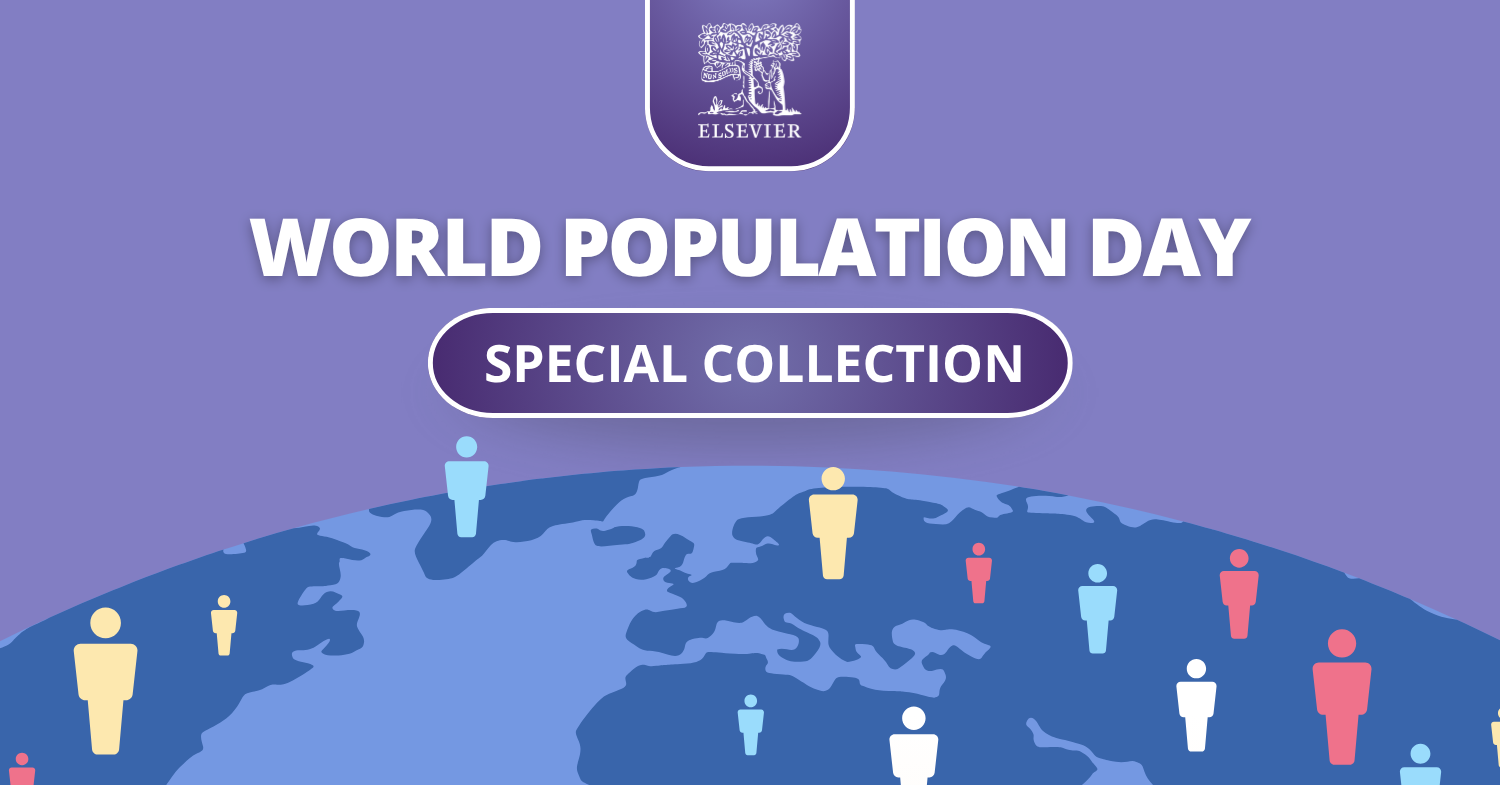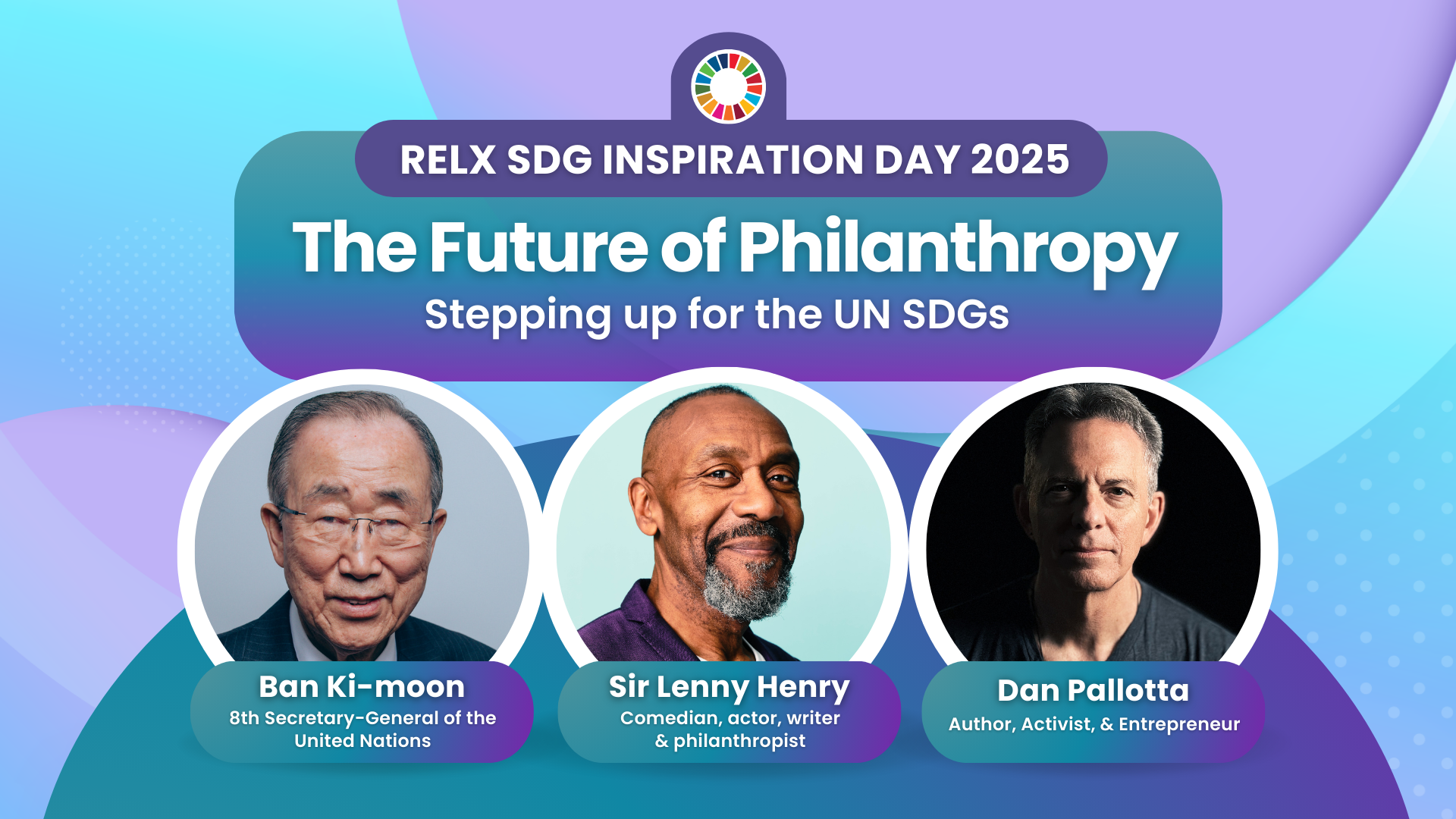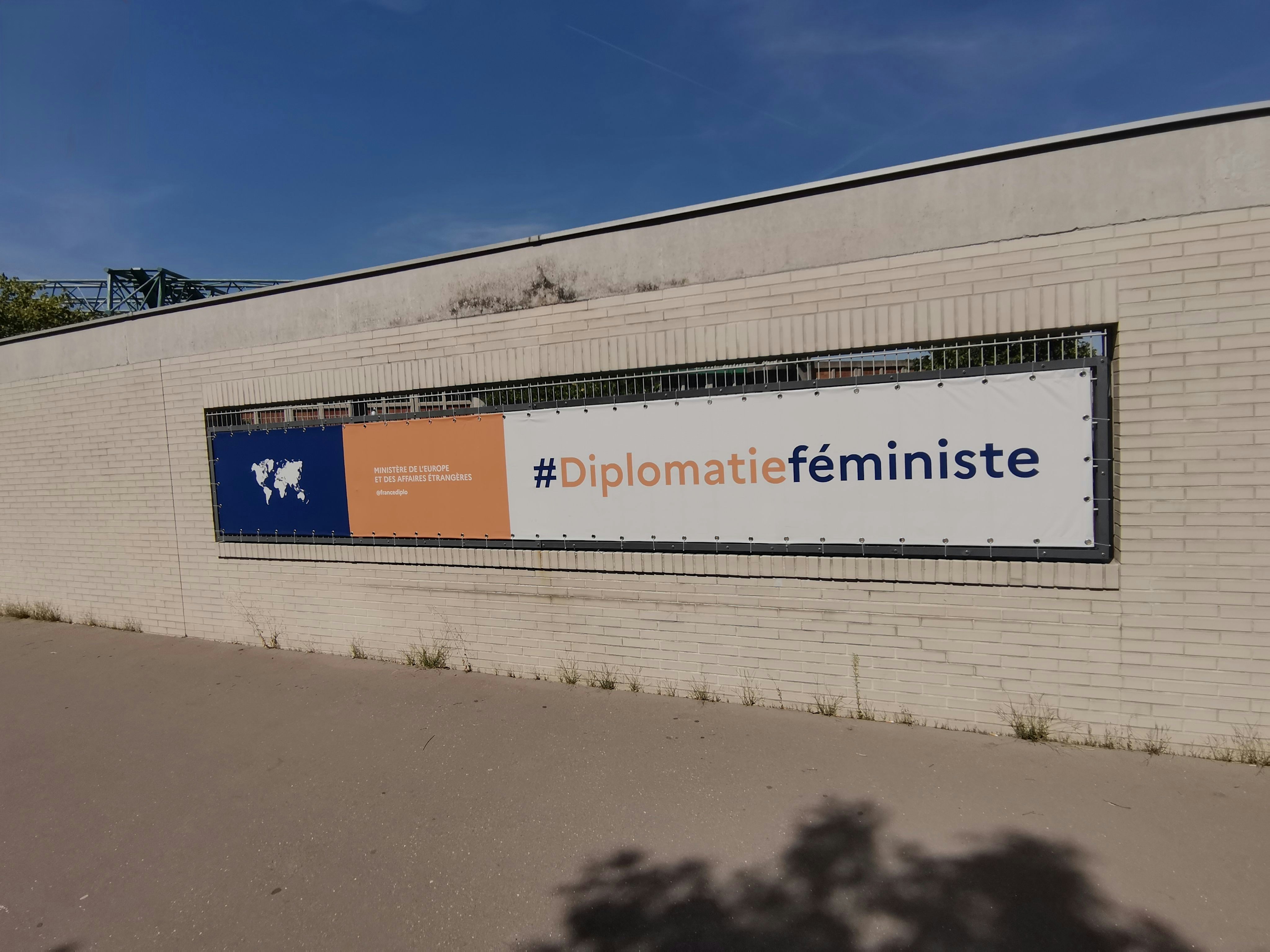Established by the United Nations Development Programme in 1989—and inspired by the global milestone of Five Billion Day on July 11, 1987, World Population Day highlights critical issues relating to population and sustainable development. To raise awareness for this important topic, Elsevier presents a curated list of publicly available journal articles and book chapters to help advance #SDG3 and #SDG5 research.
This content aligns with Goals 3, 10, and 16 by discussing how UNESCO’s current work on a ‘Declaration on the Ethics of Neurotechnology’ represents a suitable opportunity to make indigenous interests and positions visible through amendments to individual texts of international law.
This content aligns with Goal 3: Good Health and Well-being by pursuing a respectful and reciprocal relationship between Indigenous and Western scientific ways of knowing about human brains and minds.
This content aligns with Goals 4 and 10 by discussing ways to make education more inclusive and equitable by integrating Western science and Indigenous epistemologies.
International Day Against Drug Abuse and Illicit Trafficking 2026
The International Day Against Drug Abuse and Illicit Trafficking is observed each year on June 26. Proclaimed by the United Nations General Assembly through resolution 42/112, this day calls attention to the global impact of drug abuse and trafficking. It urges governments, institutions, and civil society to take coordinated action to prevent drug-related harm and address the challenges associated with organized crime and public health.
More than 800 people from over 75 countries came together virtually on 3rd June 2025 for the eleventh edition of the RELX SDG Inspiration Day: "The Future of Philanthropy: Stepping up for the SDGs" The annual online event brings together together business, academia, NGOs and government to explore pressing issues and inspire action on the United Nations Sustainable Development Goals (SDGs). Explore highlights from the day including inspiring keynotes from Ban Ki-moon, 8th Secretary General of the United Nations, Sir Lenny Henry and Sarah, Duchess of York.




